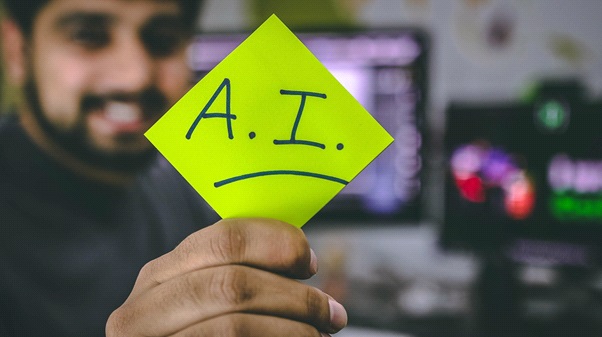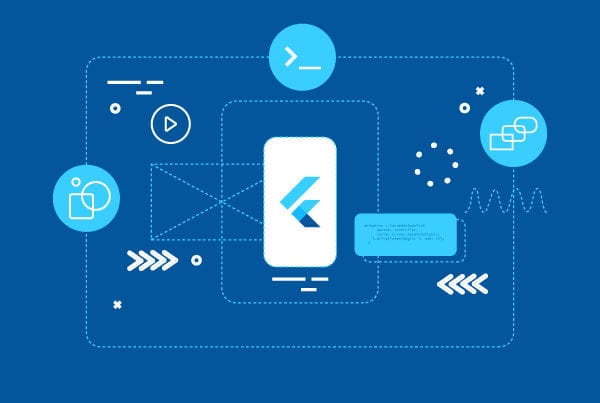AI in the mobile app industry – Takes from MGS San Francisco 2019
In a previous article, we talked about the Mobile Growth Summit (MGS) in San Francisco. Today, we’d like to focus on a specific panel called Using AI For Effective App Design, Ads & Monetization to give you a couple of real-life examples regarding artificial intelligence in the mobile app industry.

What is the Mobile Growth Summit?
The Mobile Growth Summit is a worldwide event held in the UK, Canada, Singapore, New York and San Francisco, among other locations. It is a non-vendor conference that spans over one or two days and is aimed at helping mobile marketers, developers and user acquisition marketers connect with and learn from professionals in the industry. MGS covers topics such as user acquisition, retention, engagement, monetization, and analytics related to mobile, retail, and mobile commerce (or mCommerce) brands. The 2019 San Francisco edition took place last February with over 1500 attendees, included over 1300 companies, and booked over 100 speakers.
The panel
The Using AI For Effective App Design, Ads & Monetization panel was moderated by Colette Nataf, CEO & Co-Founder of Lightning AI, a company that uses data to analyze your best-performing targeting groups and finding new groups to test. The panelists included Ashley Ryon, Director of Consumer Marketing for Coupons.com (a digital marketing tool) and Elaine Sheng Hu, Head of Business Development for Baidu USA (one of Baidu’s research and development centers).
Coupons.com is a marketing tool developed by Quotient, a marketing technology ecosystem devoted to consumer packaged goods (or CPGs). They provide personalized digital promotions and ads, using Coupons.com as their distribution network.
Baidu (literally meaning “hundreds of times”) is a Chinese multinational tech company founded in 2000 that specializes in Internet products and services as well as artificial intelligence. They are heavily invested in machine learning natural language processing, which can be seen in the features of their keyboard apps, Simeji and Facemoji. You can learn more about Baidu’s keyboards and how they are used for marketing in this article on a different MGS San Francisco session.
What is artificial intelligence (AI)?
AI is a term that we are getting used to hearing more and more in our daily lives and, particularly, within the mobile app industry. In simple terms, artificial intelligence means giving human intelligence to a machine. Although for many people the term may spark the image of a humanoid robot that can act and think like us, the reality of AI is much simpler. Nowadays, this technology is widely used in everyday features such as spam filters, security surveillance, and predictive searches.

The role of AI in the mobile app industry
AI has many uses in the mobile app industry, ranging from image processing to speech recognition and customer behavior prediction. We could go on forever about each and every one of them, but for this article, we’ve chosen to focus on the two discussed in the MGS San Francisco panel to give you an idea of the scope of artificial intelligence within the industry.
1- Voice and speech recognition
In 2017, voice and speech recognition had a market size of over $9 billion, and current reports expect it to grow significantly over the next 6 years. It should come as no surprise, then, that speech recognition is a feature that most of us already expect to find in mobile technology. Not only does it make mobile apps accessible to people who have sight impairments, but it also makes it easier for all of us to use our phones hands-free and save time.
During the MGS San Francisco panel, Elaine Sheng Hu discussed Simeji’s voice function, which was launched back in 2017 and automatically adds punctuation to the user’s speech. Simeji is specifically targeted at the Japanese market and Facemoji—Baidu’s other keyboard app—includes a voice-recognition system available in a variety of languages, including English and Hindi. According to Sheng Hu, voice input is particularly popular among both young children and older mobile app users.

2- Personalization
One of the main uses of artificial intelligence in mobile devices is to provide users with personalized services or products by analyzing their behavior patterns. This is particularly beneficial in the field of marketing, as it means you can provide users with a specific offer or product based on their interactions with your mobile app. This increases engagement and, in turn, results in higher profits.
As Ashley Ryon explains, Coupons.com uses artificial intelligence to increase conversion rates—as well as retention and engagement—through more personalized offers and messages. She adds that personalization is an expected practice in retail today and AI has proven to be a powerful and useful way to get there. However, Coupons.com tries to keep a balance and base their personalization on user engagement, a technique that has provided good results. If users engage quite often and click on coupons a certain number of times per month, they get specific coupons. If they don’t engage often, they will get more generic coupons.

Takeaways: AI in the mobile app industry
AI has greatly contributed to the mobile app industry. It has improved user experience, made marketing and personalization easier, and increased profitability. There are plenty of examples and use cases that prove how and why artificial intelligence is a must in the mobile world today and how it seeps through every aspect of it.
In addition to watching the full video for the panel, you can also watch more videos from the MGS San Francisco on their YouTube channel.






